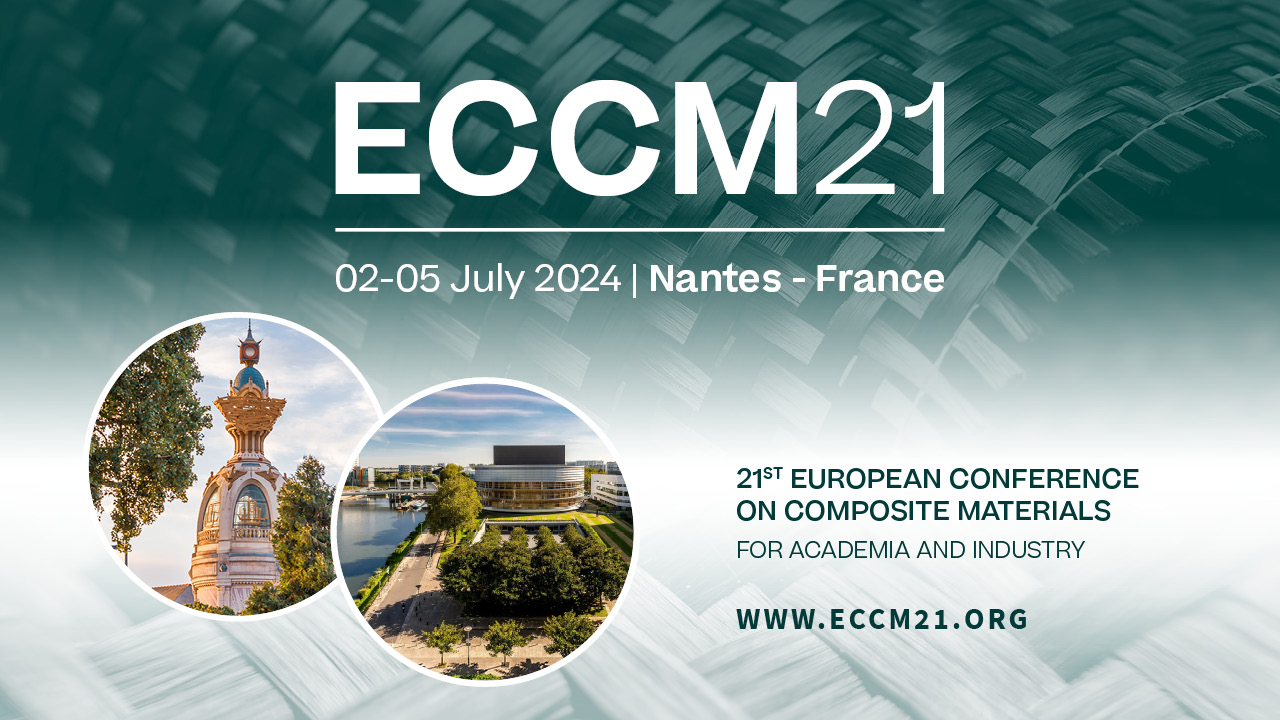Large format additive manufacturing of short carbon fiber reinforced thermoplastics for composite tooling
Topic(s) : Special Sessions
Co-authors :
Giacomo GIACOMO BARERA (ITALY), Alessandro PEGORETTI (ITALY)Abstract :
Large format additive manufacturing (LFAM) based on thermoplastic pellet extrusion is an emerging technology for composite tools manufacturing such as CFRP laminating molds, trimming jigs, and machining vacuum fixtures. Reduced lead-time, material saving, as well as recycling, have fostered the adoption of an additive manufacturing solution over traditional subtractive technologies in motorsport and aerospace industries for one-off or small-batch production. Because of the growing interest in technology and the limited existing data available, this work aspires to provide a comprehensive overview of LFAM process from an applicative product-oriented perspective focusing on the challenges associated with the interlayer adhesion, layer time, and anisotropic properties of a large format 3D printed tool. To cover most of the applications market demands, this study investigates four industrially relevant carbon fiber reinforced materials: polyamide 6 (PA6-40CF), acrylonitrile-butadiene-styrene (ABS-20CF), polycarbonate (PC-20CF), and polyetherimide (PEI-20CF). The test prints were performed on a 4000 x 2000 x 1000 mm printer equipped with a 10 kg/h screw extrusion unit. Longitudinal (X) and transversal (Z) mechanical and thermomechanical properties of printed samples were assessed to reveal the process-induced part anisotropy. The printed material exhibited a highly anisotropic thermal and mechanical behavior associated with the alignment of the carbon fiber content and strand orientation. The layer adhesion was estimated by measuring the stress at break on transversely Z-oriented samples at different layer substrate temperatures. Higher temperatures promote adhesion between layers, reaching one-fifth of the longitudinal properties for PA6 samples and up to 60 % for the amorphous polymers. Along the print direction, no major temperature-related influence was detected. For each material, the optimal processing window was delineated by exploring material layer adhesion and print overheating as a function of substrate temperature during deposition. Accepting a maximum drop in performance of 20 %, the optimal process conditions were identified at 120 – 180 °C for PA6-40CF, 90 – 170 °C for ABS-20CF, 110 – 210 °C for PC-20CF, and 180 - 280°C for PEI-20CF. The in-service material performance was analyzed by thermomechanical characterization within the expected working temperature range. Dilatometry confirmed the extremely anisotropic nature of the printed material related to the carbon fiber alignment. Along the print direction, the coefficients of thermal expansion and part warpage are reduced by 10-20 times compared to transversal samples. For adequate geometric tool compensation, thermal expansion coefficients in X, Y, and Z at typical operating temperatures are also reported. Moreover, for each material, an industrially relevant tooling application for CFRP manufacturing is presented along with post-processed surface qualification.

